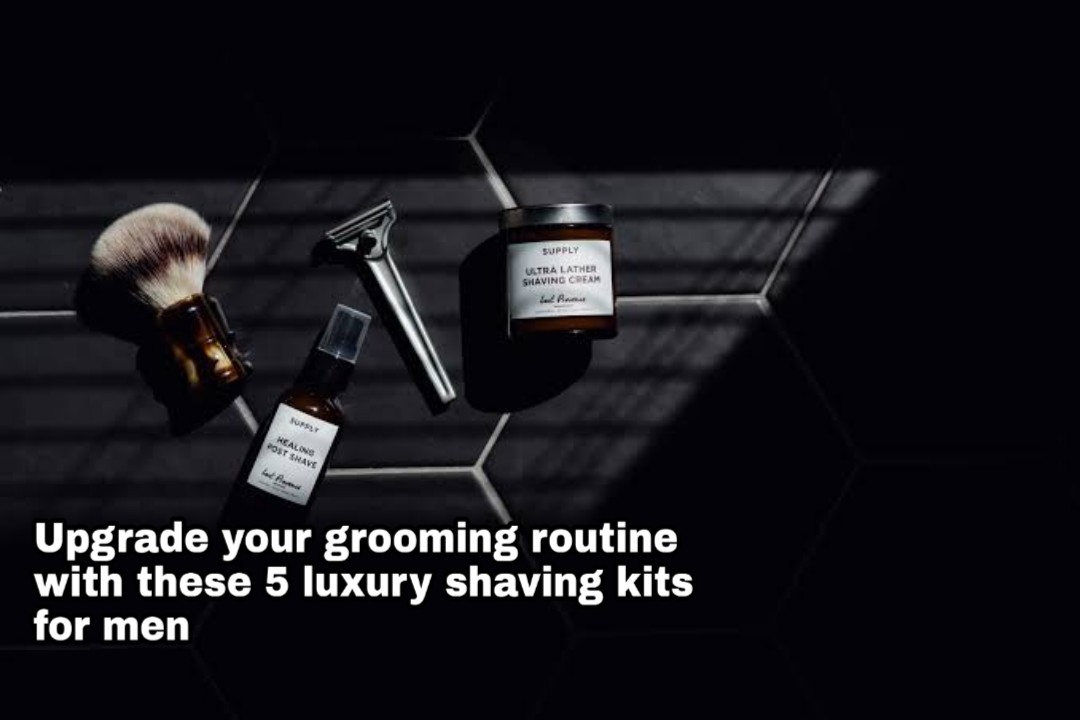Does Wine Go Bad? Or Better?
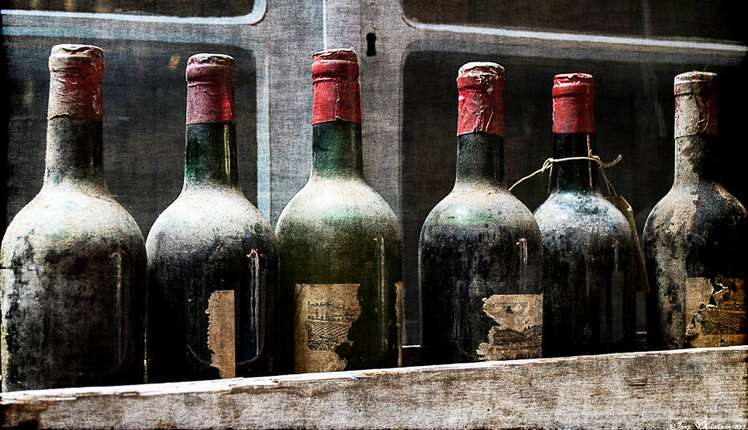
Ageing makes wine taste better, but opened wine goes bad in less than a week.
Ageing makes wine taste better as they develop quite a distinguished and unique taste. Everyone knows, older the wine better it is. This gives a notion that wine never goes bad. Many thinks that wine lasts indefinitely, but it is simply not true. It depends on proper storage and if the bottle is intact. Wine can be preserved only if the bottle is unopened. Furthermore, only expensive wine made of quality grapes are appropriate for ageing in a cellar. Most of general wines are stored not more than a couple of years. Therefore, wine does expire and it depends on the quality.
Does wine go bad?
If not stored properly, any type of wine can go bad. There are many reasons for it. It could be due to poor bottling, microbial contamination or improper storage. It is easy to find if the wine has gone bad as they develop several signs of damage. Bad wine smells like manure or barnyards due to Brettanomyces, commonly known as “Brett”. These bacteria can make wine undrinkable. Another bacterium is the Lactobacillus, which can make wine taste like sauerkraut.

If a still wine is with bubbles and fizz, it means re-fermentation.
Wine when exposed to oxygen makes it acidic, developing acetic acid. If it is exposed to oxygen during the fermentation process, wine would taste like rotten eggs or cabbage. Even a flawed process of fermentation can make wine go bad. If the wine tastes like chemicals, it means, the fermentation process went wrong.
Damaged wine looks dull and brownish. Sometimes, fizz might appear in still wine or the cork might seem a bit pushed-up. Oxidized wine looks dull and begins to smell bitter. It is the reason, wine kept open for hours smells like vinegar. Re-fermentation might occur in the bottle developing bubbles and fizz. This generally happens when the bottle is not sterilized before pouring wine. If wine is exposed to some high temperature, it might start leaking through the cork. Wine leakage are visible on the cork and it might seem to get pushed up above the rim.
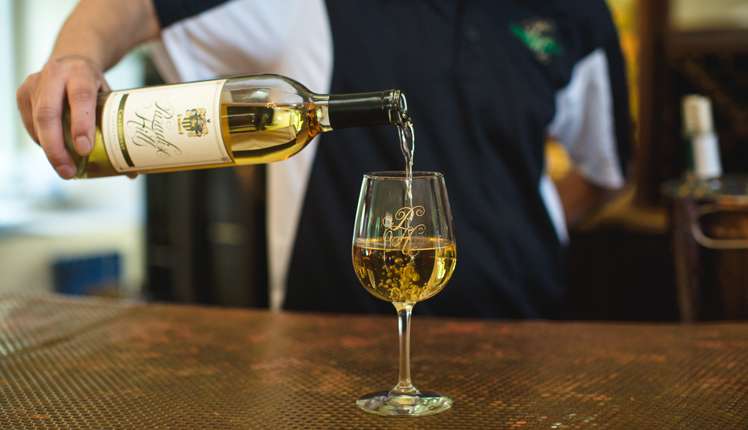
The most common reason of wine going bad is not drinking it after opening the bottle.
Lifetime of opened wine
Apart from all these reasons, the most common reason of wine going bad is not drinking it after opening the bottle. Thus, the thumb rule of drinking wine is to empty the bottle once it is opened. A little amount of oxidation can make it tastier and smooth, but by the second day, it is sure to get overoxidized. So, how long does opened wine last? Sparkling wine lasts up to 1 to 2 days, light white and Rose live up to 4-5 days, Rich white lasts for 3 to 5 days, red wine up to 6 and dessert wine can go up to a week. Sherry wine lasts the longest after opened. It remains good up to 8 weeks, while for port wine, it is up to 3 weeks.
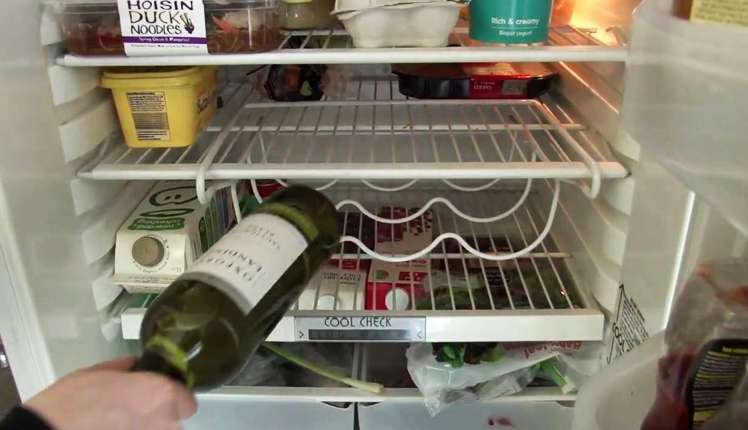
Opened wine should be stored only in refrigeration.
Storing and preserving opened wine
Opened wine should be stored only in refrigeration. Chilling the wine keeps them off bacteria and hence, refrigeration while storing an opened bottle of wine is almost a necessity. The container must be tightly sealed. The objective of storage is to keep away the liquor from oxygen. There are methods like using a vacuum tube for it, but none can be as simple as just pouring it on a smaller bottle, filling it up to the cork or stopper. There are many ways to store leftover wine from simple DIY methods to using expensive and high-tech machines. While storing opened wine for more than a week, it should be always kept in lying position. This moistens the cork, insuring the cork does not shrink and develop pours. Wine inside the bottle should be kept off air to stop it from going bad.

Damaged wine does not make you sick because they do not turn poisonous.
Will bad wine make you sick?
A straight answer to this is, No. Damaged wine does not make you sick because they do not turn poisonous or harmful. But they would have such awful taste! Bad wine, however can upset the stomach. At most, bad wine can turn to vinegar and become undrinkable. Thus, damaged wine can be used as vinegar, suitable for cooking. Sweet wine gone bad can be consumed with spicy dishes. Also, adding a copper coin to wine smelling like rotten eggs or struck matches might make them drinkable again. It’s because copper dissipates Sulphur related compounds. Making chocolate cake is also a good way to use bad wine.
Therefore, wine is never a waste, even if it is undrinkable and damaged. However, it is certain that not finishing the bottle once it is opened will take away the taste from it.

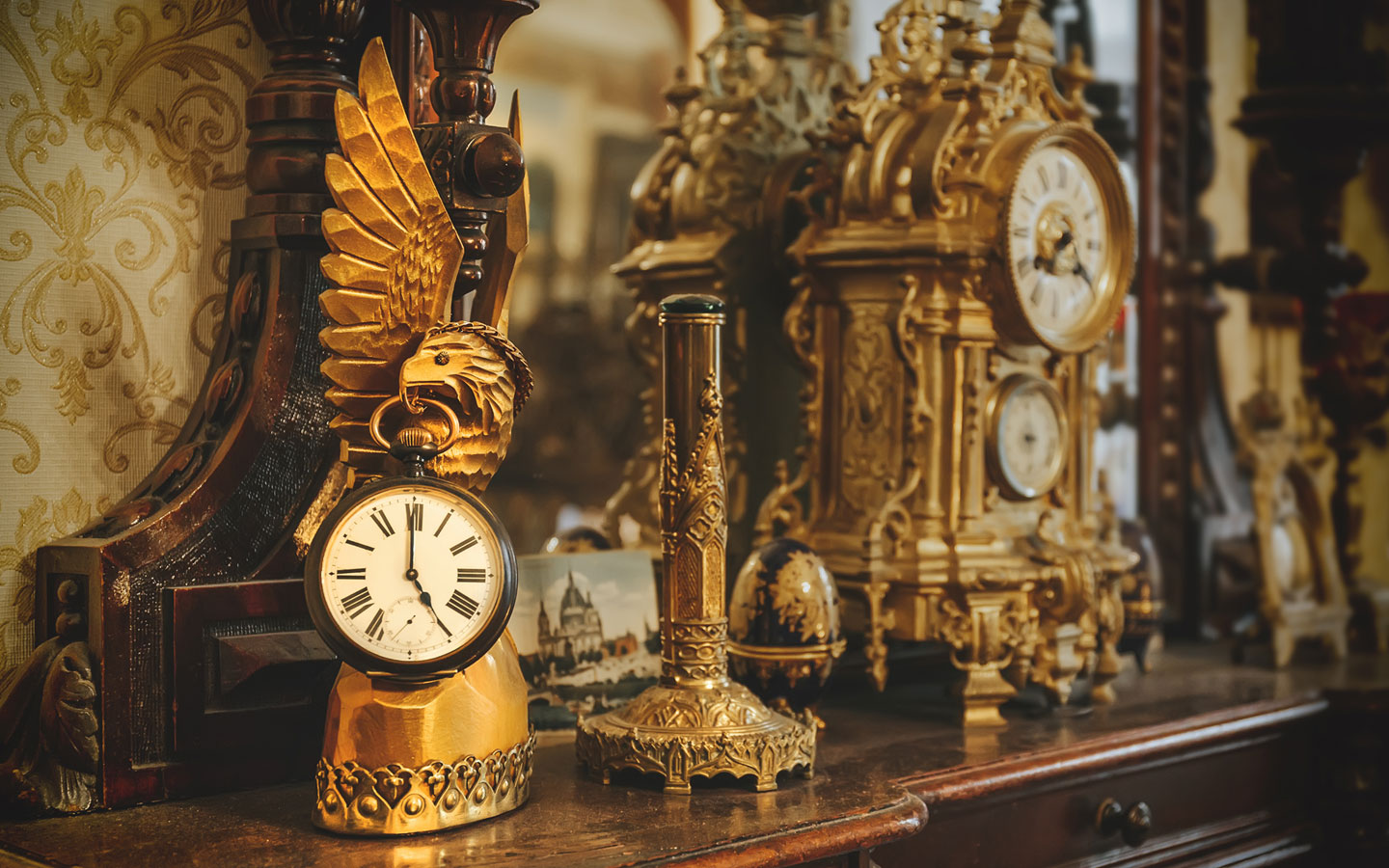




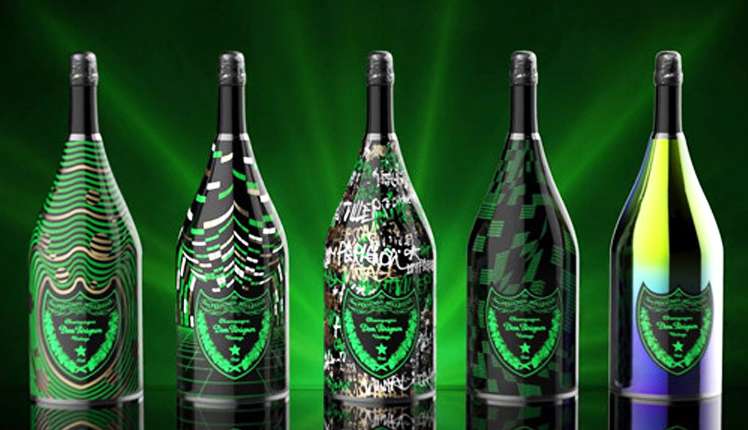
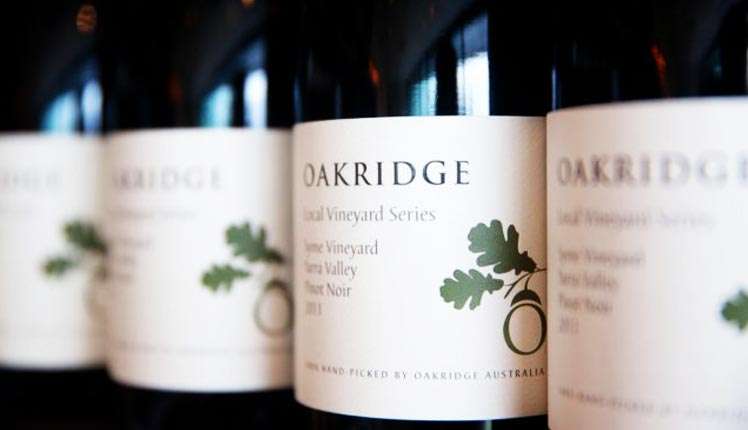


.jpg)






